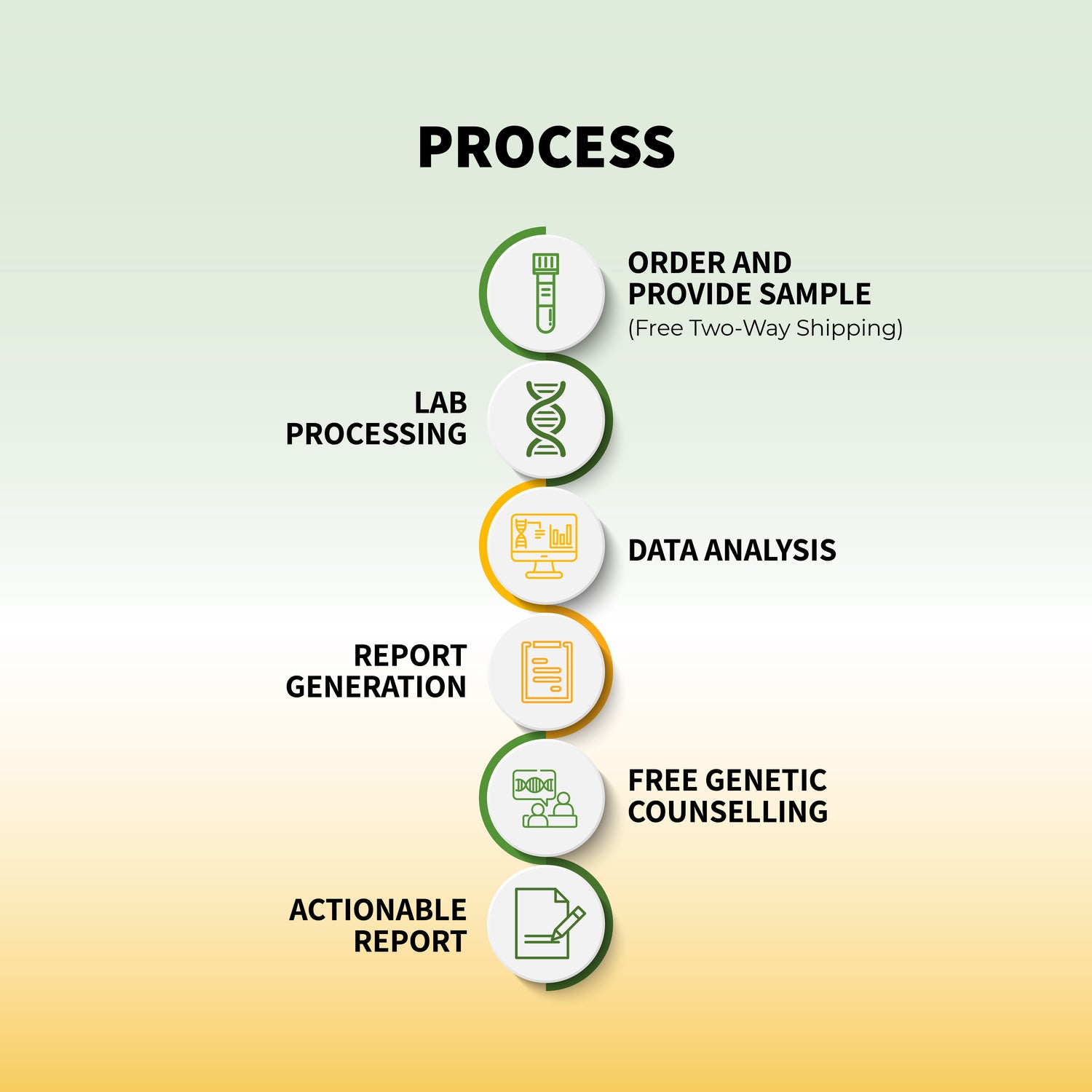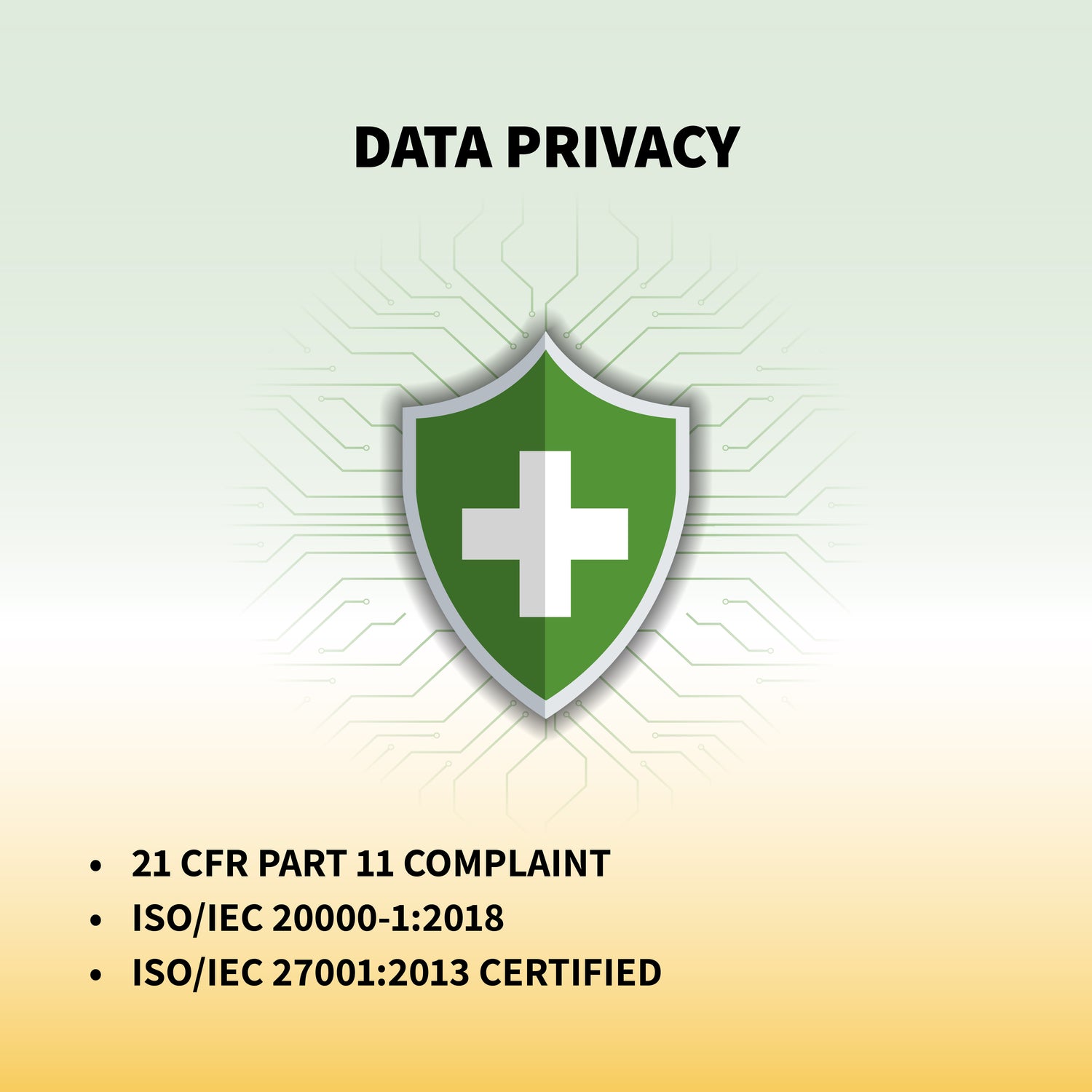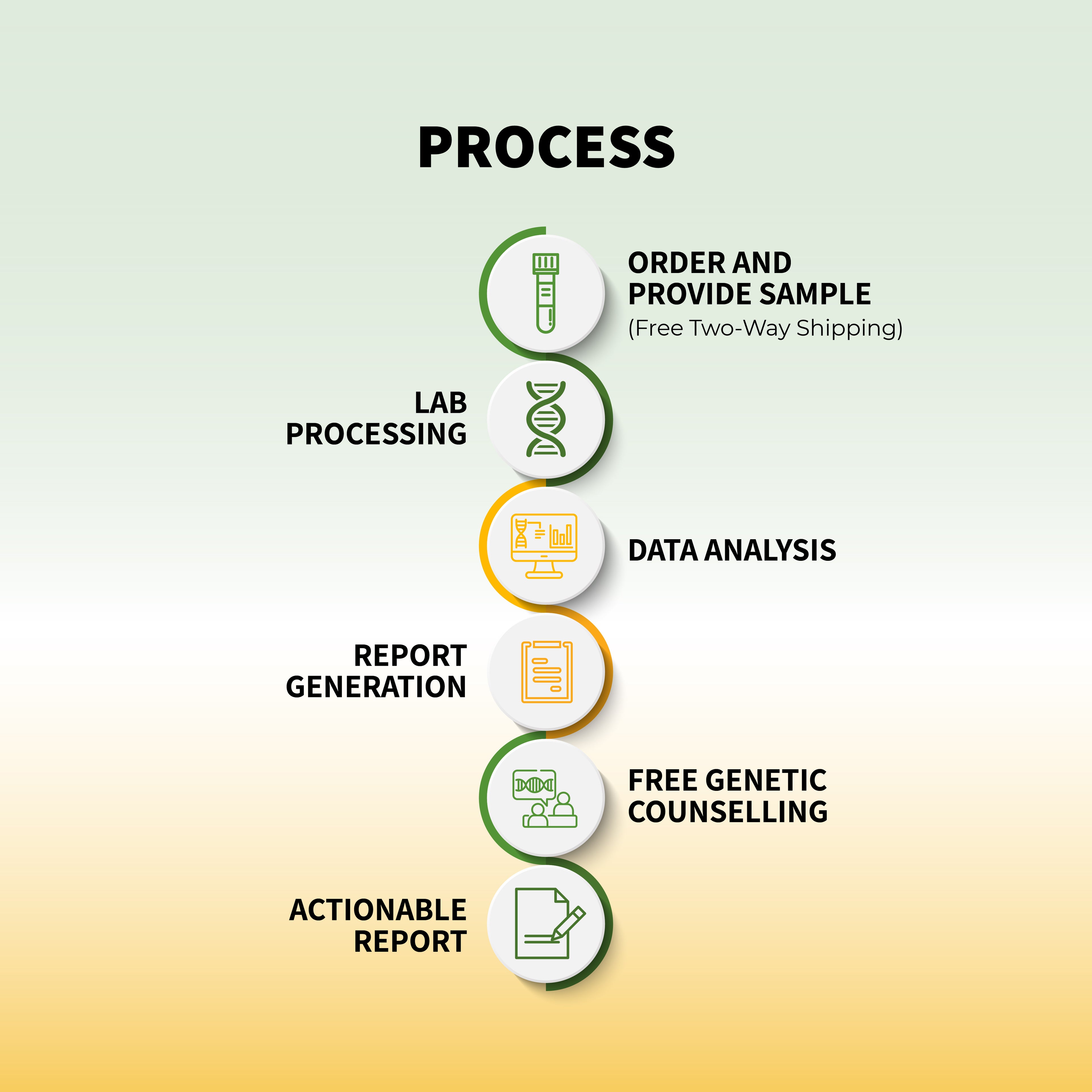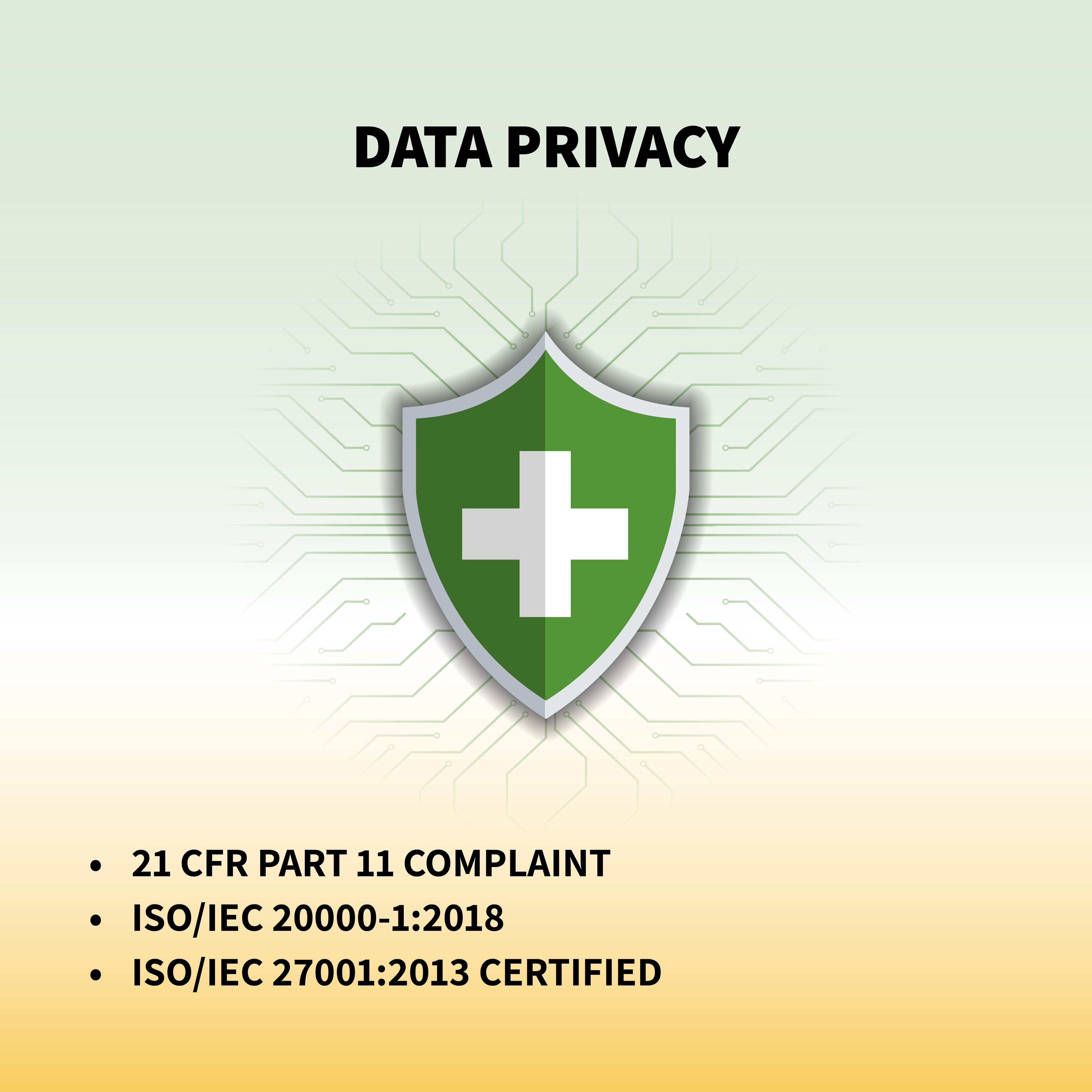My daughter is currently studying at UBC with aspirations of becoming a psychologist. This has sparked my own interest in the fascinating connection between the mind and body. It's becoming increasingly clear that mental well-being is not a one-size-fits-all approach, highlighting the need for personalized strategies. This leads to a crucial question: should we view mental health in isolation, or as an integral part of overall health?
In today's fast-paced world, conversations surrounding mental health are finally gaining traction. While this is a positive shift, we still tend to view mental health as separate from physical well-being. But is this the right approach? I firmly believe it's not. As Hippocrates wisely said, "The body and mind are one. What affects the mind affects the body, and what affects the body affects the mind." This simple yet profound concept resonates across various traditions and practices, from ancient philosophies to modern scientific disciplines.
The Mind-Body Connection: Two Sides of the Same Coin
Traditional healthcare often compartmentalizes mental and physical health. However, a growing body of research in neuroscience, psychology, and medicine confirms the inherent interconnectedness of the two. The mind and body are not independent entities; they constantly interact and influence each other. "Our bodies are our gardens – our wills are our gardeners." - William Shakespeare. This quote beautifully captures our ability to nurture both our physical and mental well-being.
Interestingly, both yoga and functional medicine, although using different language, emphasize this interconnectedness. Yoga, through physical postures (asanas), breathwork (pranayama), and mindfulness, aims to create harmony between the mind and body. Functional medicine takes a patient-centered approach, examining the interconnectedness of bodily systems to identify the root causes of illness, often highlighting the impact of lifestyle, environment, and the gut microbiome on overall health, including mental well-being.
My own "biohacking" journey has provided firsthand experience of this connection. I've discovered that regular exercise, a healthy diet, and incorporating meditation into my routine significantly enhance my mental clarity and overall well-being. It's not just about physical health; it's about feeling better mentally and emotionally. Meditation, in particular, acts as a reset button, allowing me to manage stress and cultivate inner calm, which positively influences my physical state.
Chronic stress or anxiety can manifest physically as high blood pressure, digestive issues, and a weakened immune system. Conversely, physical conditions like diabetes, cardiovascular diseases, or chronic pain can contribute to mental health concerns like depression and anxiety. Ignoring one aspect while treating the other offers only a temporary solution, not a holistic one. "You can't separate the mind and body. They go together." - Eric Thomas.
The Ripple Effect: How Mental and Physical Health Impact Each Other
Let's explore the intricate ways mental and physical health influence each other:
Impact of Mental Health on Physical Well-Being:
- Stress and Chronic Illness: Prolonged stress elevates cortisol levels, leading to inflammation, weakened immune response, and contributing to conditions like hypertension and diabetes.
- Sleep and Cognitive Function: Mental health disorders like depression and anxiety disrupt sleep, causing fatigue, reduced concentration, and poor decision-making.
- Gut-Brain Axis: Emerging research highlights the fascinating link between our gut microbiota (the microbiome) and mental health. An imbalance in gut bacteria is linked to mood disorders, emphasizing the need for a comprehensive approach to health. Understanding your microbiome could be key to personalized mental wellness.
Impact of Physical Health on Mental Well-Being:
- Nutritional Deficiencies and Mood: Deficiencies in essential vitamins like B12, D, and omega-3 fatty acids are associated with an increased risk of depression and anxiety.
- Exercise and Mental Health: Regular physical activity releases endorphins, natural mood boosters that reduce stress, improve mood, and boost self-esteem. "A healthy body is a guest chamber for the soul; a sick body is a prison." - Francis Bacon.
- Chronic Illness and Psychological Stress: Chronic conditions often lead to anxiety and depression due to lifestyle limitations, financial burdens, or the constant need for medical attention.
- Genetic Predisposition: We are beginning to understand the role of genetics in mental health. Genetic testing can identify predispositions to certain mental health conditions, allowing for proactive and personalized interventions.
The Need for an Integrated and Personalized Approach: Treating the Whole Person
Viewing mental health in isolation can result in fragmented care and missed opportunities for early intervention. A more effective approach involves considering mental and physical health together, treating the whole person, and increasingly, the individual.
- Personalized Wellness Plans: Healthcare providers should assess both mental and physical health, including genetic and microbiome data, before recommending treatment strategies, recognizing individual uniqueness.
- Preventive Health Screenings: Regular screenings for mental and physical health can identify potential risks early on.
- Lifestyle Modifications: Encourage a holistic wellness strategy incorporating balanced nutrition, regular exercise, adequate sleep, and stress reduction techniques. "Take care of your body. It’s the only place you have to live." - Jim Rohn.
My daughter's pursuit of psychology fuels my hope for a future where healthcare takes a more integrated and holistic approach, recognizing the inseparable mind-body connection. As Matthieu Ricard wisely stated, "Just as mental and physical balance is important, so is a balance between one's inner and outer life." Personal experience has taught me that caring for the body is crucial for caring for the mind, with practices like meditation playing a key role in achieving this balance. The future of mental health care lies in personalized approaches that consider the intricate interplay of genetics, lifestyle, environment, and the microbiome. Yoga and functional medicine serve as reminders that this understanding of interconnectedness is not new, even if expressed differently.















